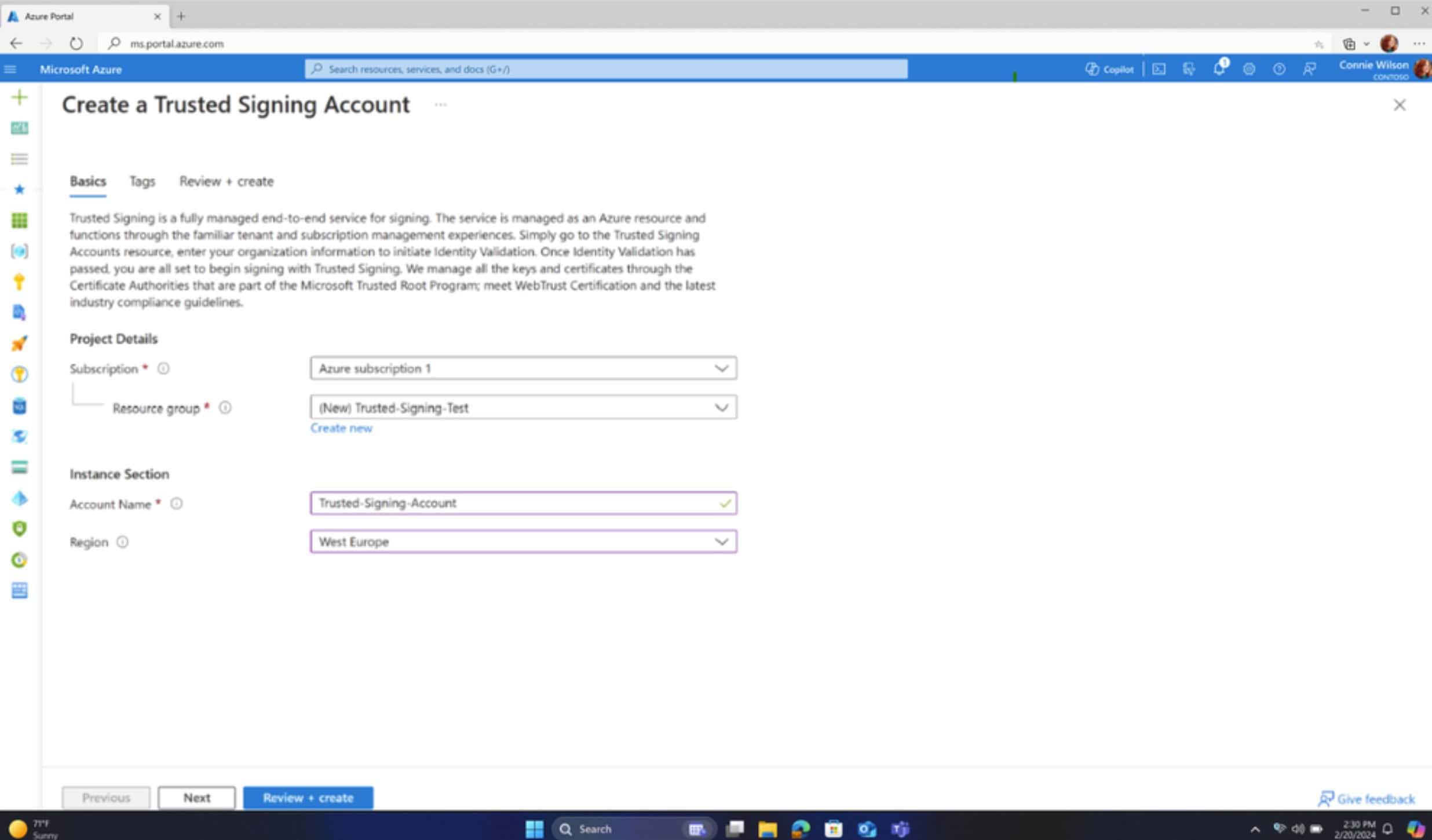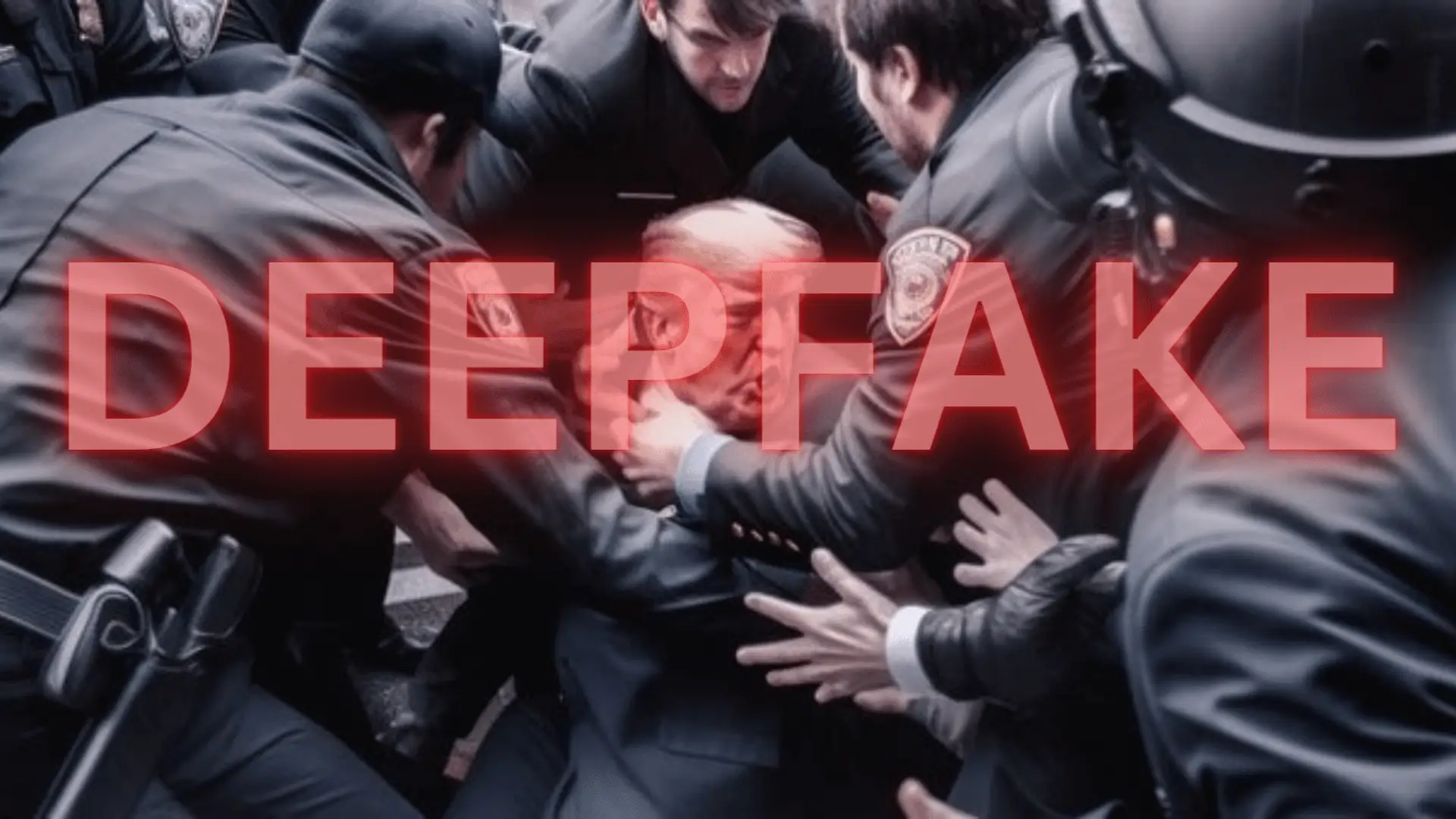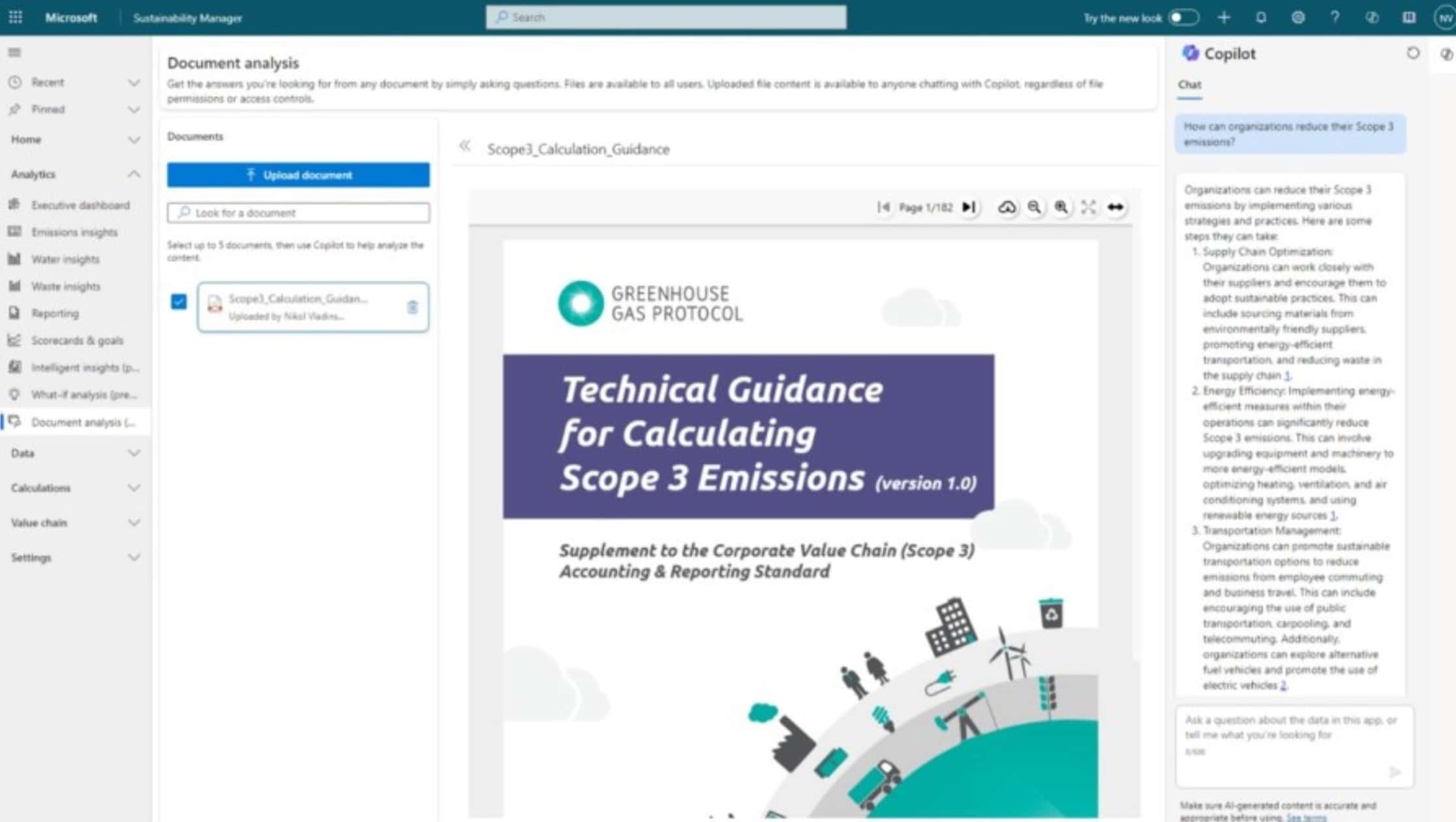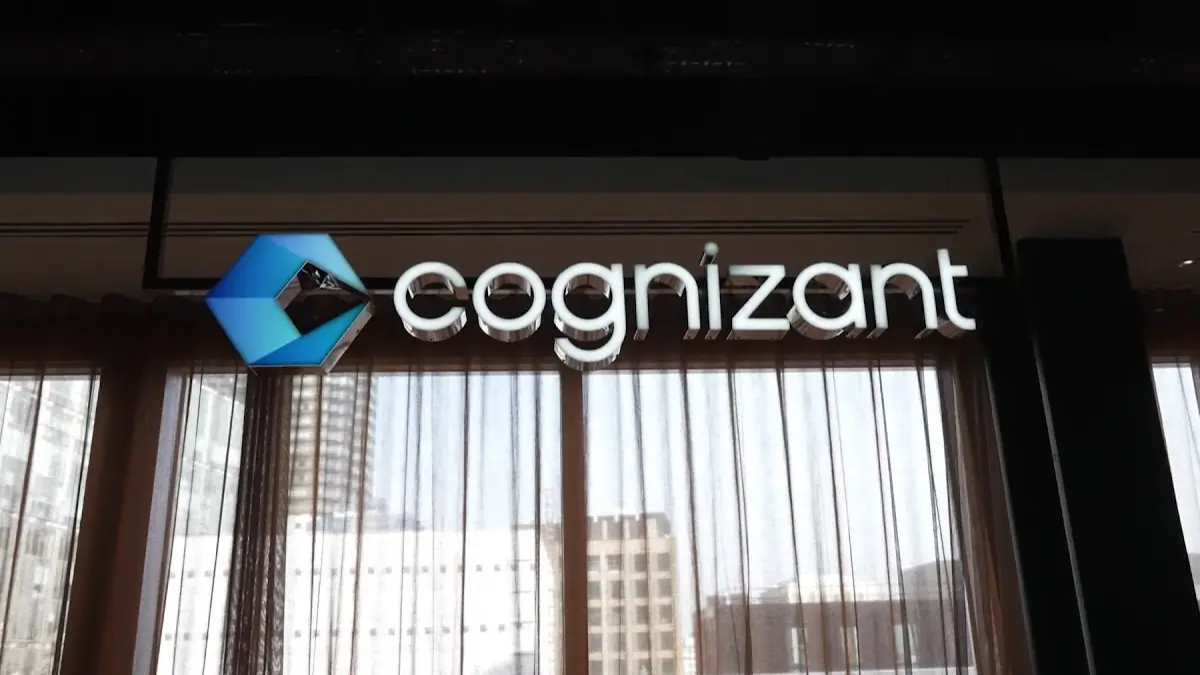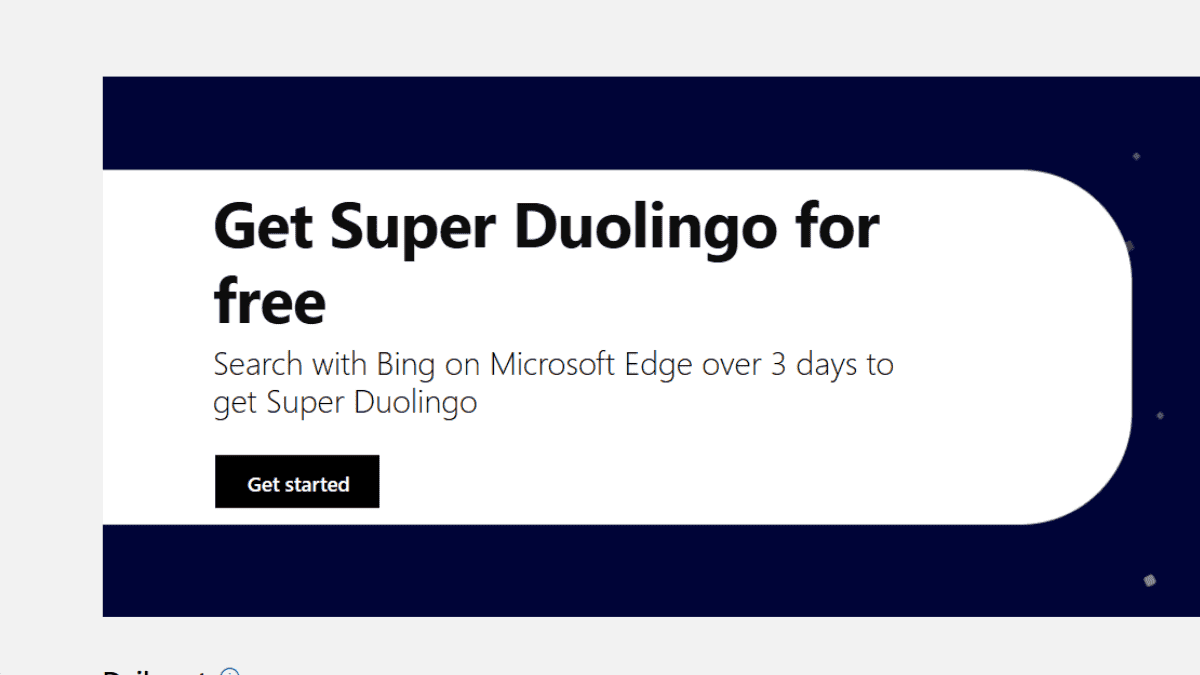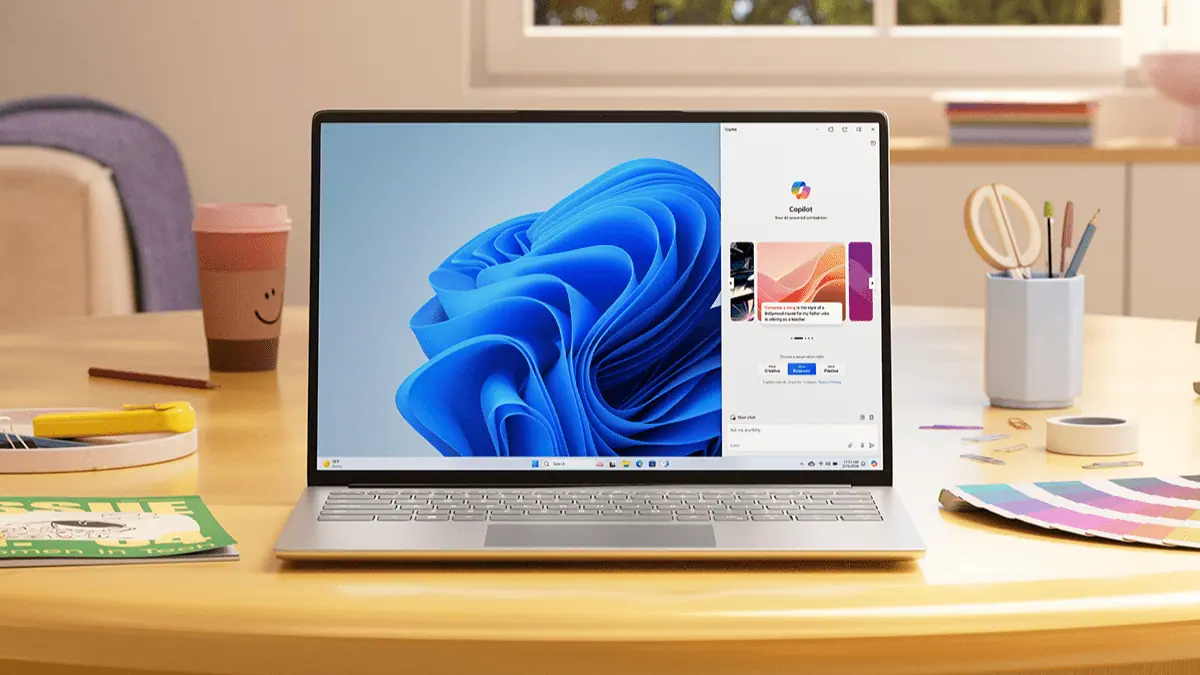Kaspersky makes good on Microsoft threat with antitrust complaint to EU (Updated)
3 min. read
Published on
Read our disclosure page to find out how can you help MSPoweruser sustain the editorial team Read more

Update: In a statement to MSPU, a Microsoft spokesperson stated that the company actually approached Kaspersky for a meeting to discuss and better understand Kaspersky’s complaints — but that meeting never actually took place. Here’s the full statement:
“Microsoft’s primary objective is to keep customers protected and we are confident that the security features of Windows 10 comply with competition laws. We’re always interested in feedback from other companies and we engage deeply with antimalware vendors and have taken a number of steps to address their feedback. We reached out directly to Kaspersky a number of months ago offering to meet directly at an executive level to better understand their concerns, but that meeting has not yet taken place.”
Kaspersky threatened to file antitrust complaints with European and Russian authorities last year against Microsoft. The anti-virus provider isn’t too happy with Microsoft efforts to get users to use the built-in anti-virus in Windows 10. Following the initial set of antitrust complaints, Microsoft apparently made some changes to Windows Defender in Windows 10 but Kaspersky recently filled some more antitrust complaints against Microsoft. The anti-virus provider has filed antitrust complaints against Microsoft with the European Commission and the German Federal Cartel Office.
In a blog post today, the CEO of Kaspersky, Eugene Kaspersky, accused Microsoft of “fiercely” promoting Windows Defender using its “dominant position” in the PC market. Eugene states:
“We see clearly – and are ready to prove – that Microsoft uses its dominant position in the computer operating system (OS) market to fiercely promote its own – inferior – security software (Windows Defender) at the expense of users’ previously self-chosen security solution. Such promotion is conducted using questionable methods, and we want to bring these methods to the attention of the anti-competition authorities.”
Eugene isn’t too happy with Microsoft notifying users when their Kaspersky subscriptions end. When the Kaspersky subscription ends in Windows 10, Microsoft automatically turns on Windows Defender as a replacement which is arguably much better for the end-user as their PC will be secured by Windows Defender when their Kaspersky subscription ends and the anti-virus stops working. But Eugene complaints Microsoft is using its OS to compete with other antiviruses in Windows 10 after years of failure:
“Thus, it looks like, after years with no success (in competing with other antiviruses), Microsoft has resorted to the use of alternative, OS-empowered (in our view – underhand) tactics.”
Eugene also claims that Windows 10 updates sometimes cause Kaspersky to disappear from users’ PCs. Windows 10 then automatically turns on Windows Defender, claiming that the Kaspersky anti-virus “doesn’t work on this version of Windows.” There’s a bunch of other allegations against Microsoft and Windows Defender in the blog post from Eugene, and it’s possible the company has a lot more accusations in the actual antitrust complaints filed in the European Union.



